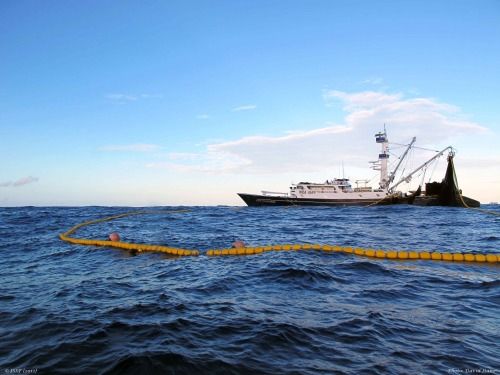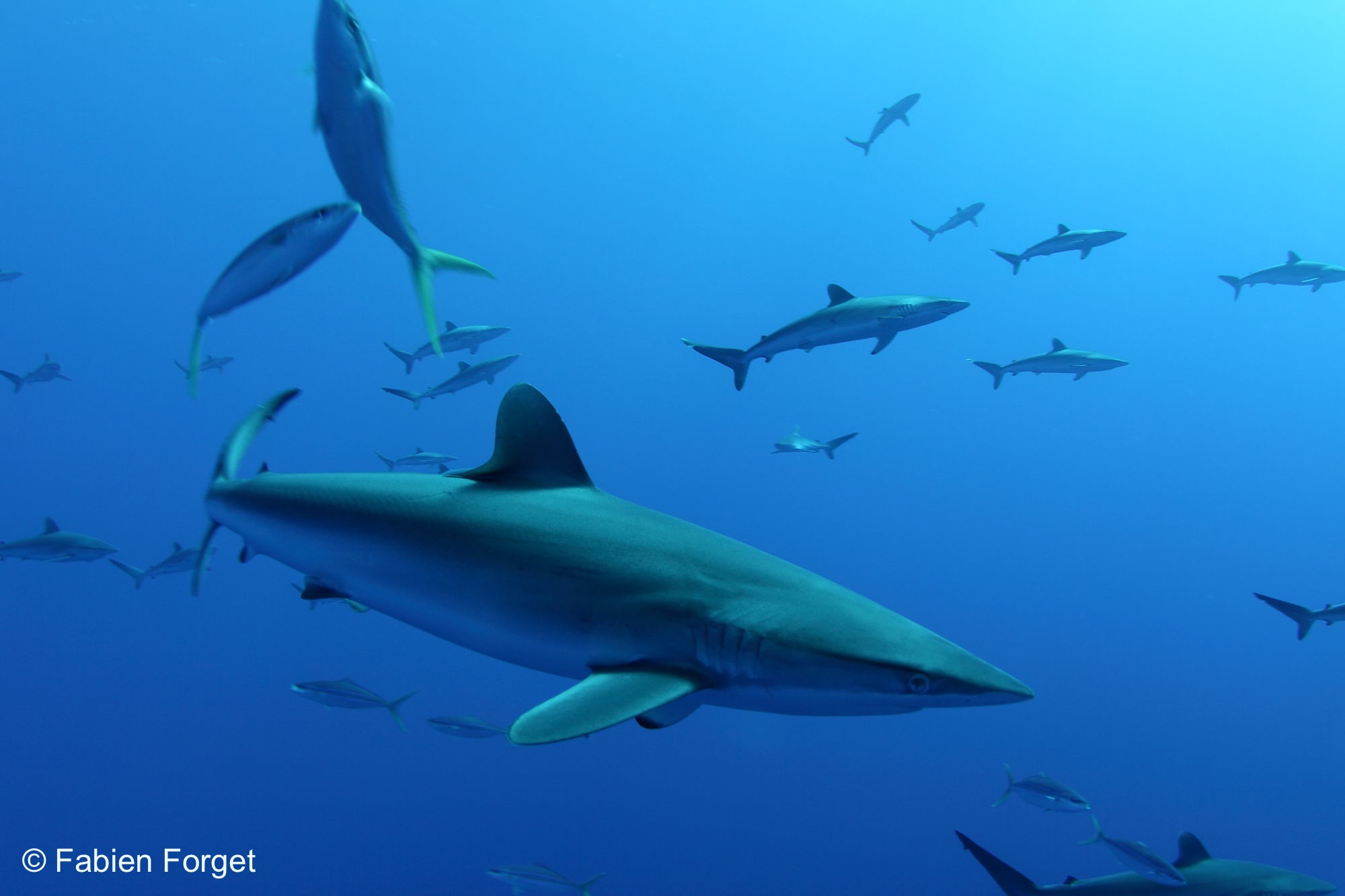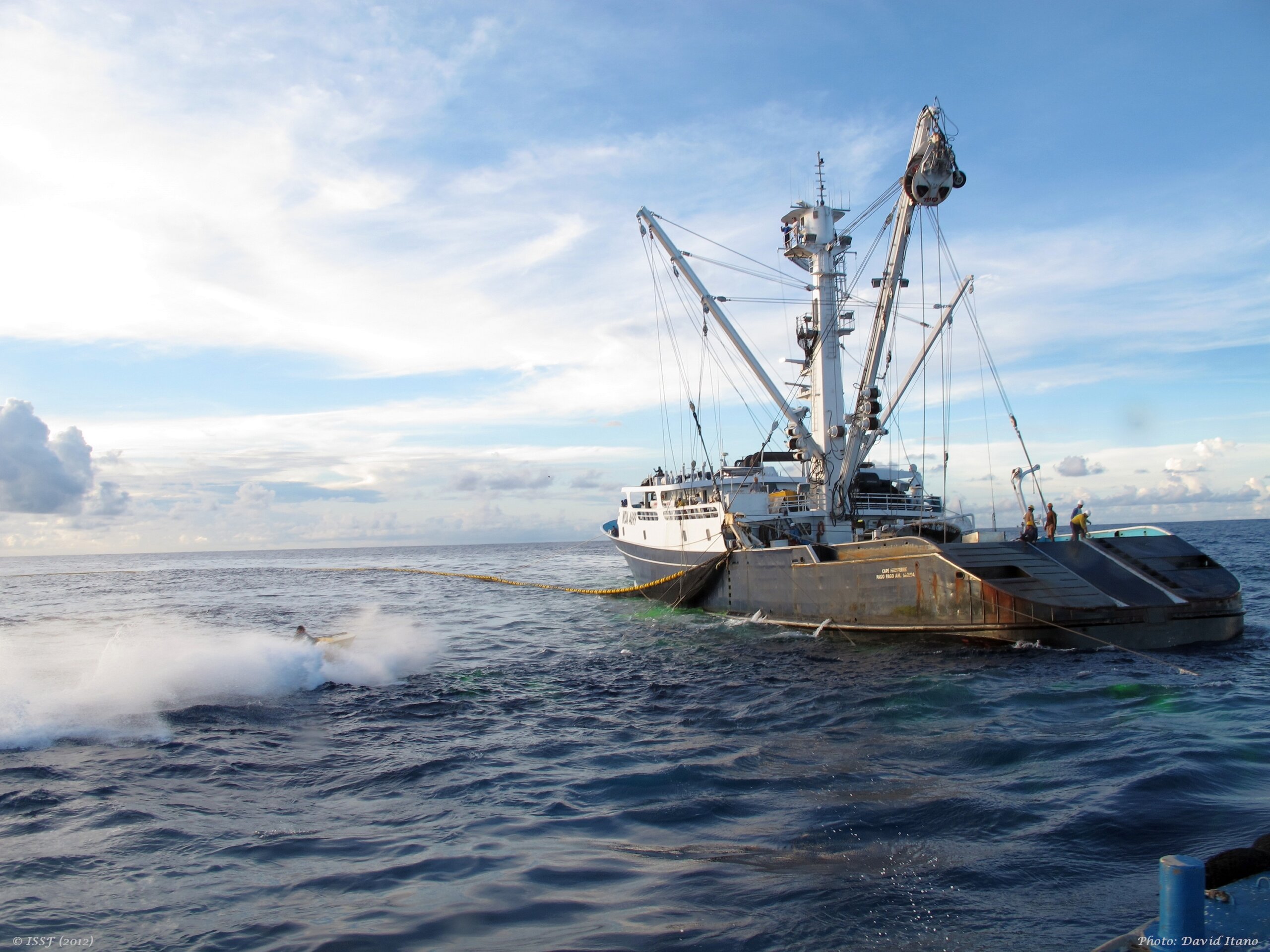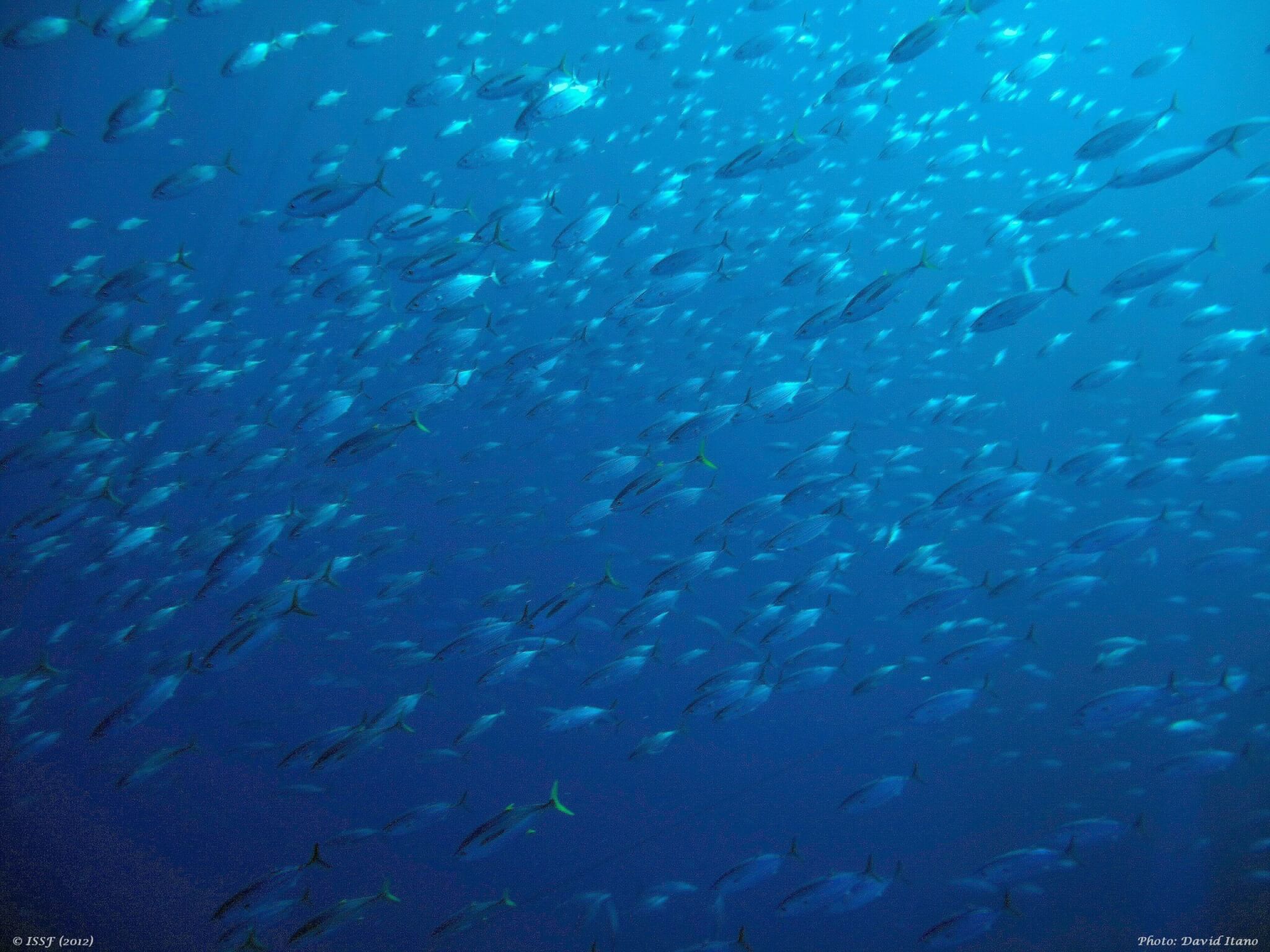
Improving Vessel Transparency to Combat IUU Fishing
A recent initiative of the European Union is raising the bar for increased transparency in global fisheries and strengthening the fight against illegal, unreported and unregulated (IUU) fishing activities.
The European Commission recently launched a new website on EU Fishing Authorizations. In addition to important details like vessel name, IMO number, and fishing type, users can search for data on fishing authorizations that have been granted during the last 10 years — for EU vessels fishing outside EU waters and for non-EU vessels fishing in EU waters.
Flag States and Fishing Vessel Oversight
There is no more fundamental tenet of international fisheries governance than a flag state’s responsibility for its vessels when they are operating on the high seas or in another nation’s waters.
When a vessel is registered or licensed in a country, that nation becomes its “flag state”; the vessel is now under the jurisdiction of that state and must comply with its rules and regulations. A flag state must have control over its vessels and ensure fishing activities are lawful. And fisheries management rules — whether set by the flag state, a regional fisheries management organization (RFMO), or a coastal state — must be enforced by the flag state for its vessels, regardless of where a violation occurs.
Flag state control is carried out in several ways: issuing a fishing license to vessels; creating a national list of authorized vessels; and adopting regulations to govern them. These mechanisms are established by the United Nations Fish Stocks Agreement (UNFSA) and Law of the Sea Convention, and they set the standard for how flag states must operate if they are to allow their vessels to fish outside of national waters — helping to ensure vessel activities are lawful and well-regulated across the globe.
Lack of Transparency Makes Room for IUU Fishing
Given today’s expectations regarding openness and transparency, it may seem that public availability of vessel data and fisheries agreement information — like what the new EU website offers — would be commonplace. You may be surprised to learn that the public or interested stakeholders, even including RFMOs, cannot always access up-to-date information regarding where vessels are authorized to fish, what rules govern those authorizations, and for how long these authorizations last.
Coastal states grant access to foreign-flagged vessels to fish in their waters through bilateral access or chartering agreements, for example. But there is often little clarity regarding what vessels are licensed or granted the ability to operate in such coastal states’ waters and under what rules.
Confidentiality concerns and a lack of legislative rules or infrastructure have perpetuated this lack of transparency. Not all flag states make their records of authorized vessels public, nor do they reveal important details of the fishing authorizations and agreements under which vessels operate. Similarly, not all coastal states make public their records of vessels to which they have granted fishing access.
Transparency in vessel data at the RFMO level is lacking, too. RFMO authorized vessel lists, for example, are typically mere recitations of what flag state RFMO members provide for their vessels, with little or no verification. These lists also fail to disclose whether a vessel is additionally authorized to operate in the waters of a coastal state RFMO member. And the lists can even include vessels with lapsed fishing authorizations since there is no mechanism to delist such vessels.
It’s true that tools like Global Fishing Watch are now providing public information of vessel tracks on a fishing trip — revealing what waters the vessel moved through and where fishing and transshipment activity likely took place. But without public, verified data on where the vessel is legally authorized to fish in the first place, such data has limited applications for the fight against IUU fishing activity.
Follow the Transparency Lead
ISSF applauds initiatives like the new EU website because it is a resource that can help in the collective fight against IUU fishing activities. Tools like the EU site help close the information gap for a major fishing fleet — publishing where those many vessels are authorized to fish across the world’s fisheries. We urge RFMOs and flag and coastal states to follow the EU’s lead by creating similar public databases for the benefit of all fisheries stakeholders.
We invite you to learn more about RFMO authorized vessel lists by reviewing the ISSF technical report Tuna RFMO Authorised Vessel Lists: A Comparative Analysis to Identify Best Practices, which includes recommendations for flag and coastal states on the important matters reviewed above.


